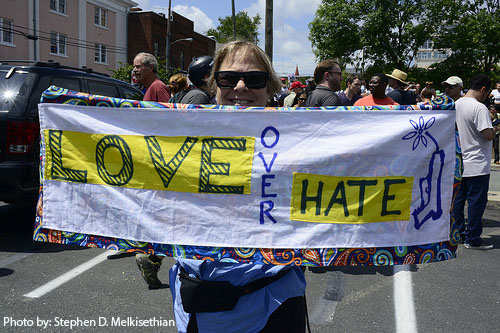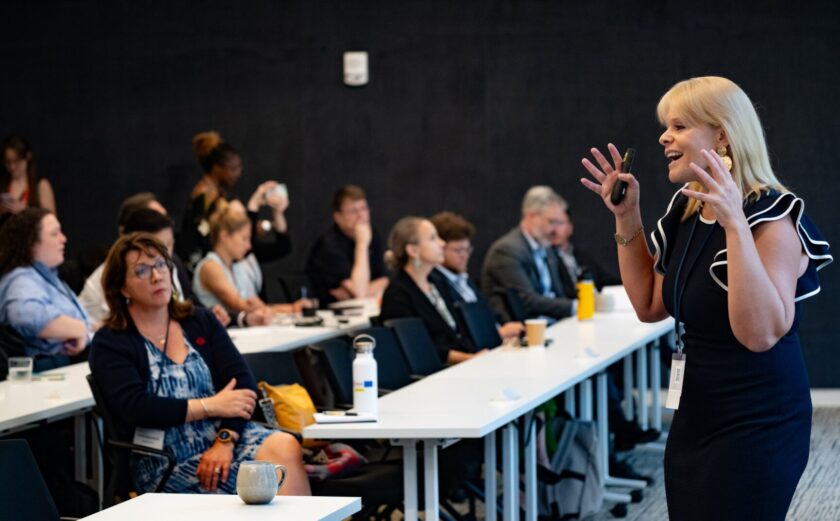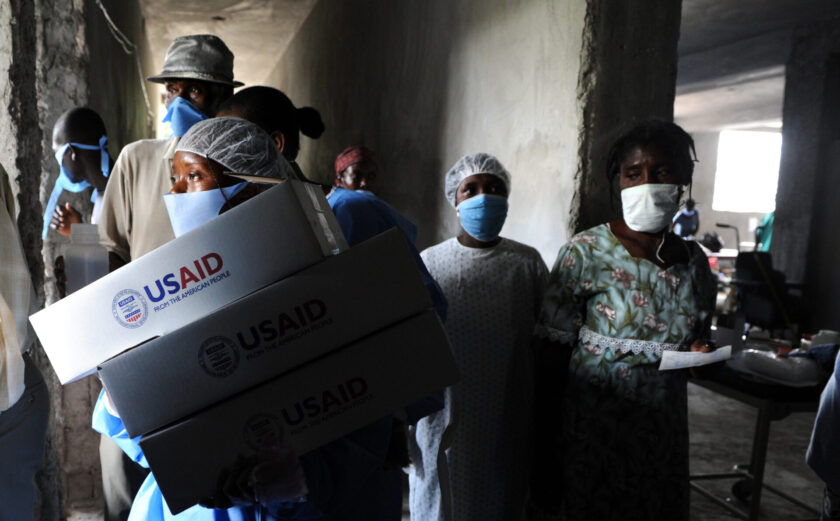
Condemning Hatred
Like many of you, I was deeply disturbed watching the events in Charlottesville last month and saddened and frustrated with President Trump’s response.
Open displays of hatred and accompanying deadly violence should inspire full-throated condemnation and an invocation of the values of openness, inclusion, and compassion that inspires the United States at its best. Anything less runs the risk of further fraying the fabric of society. Years ago, I witnessed the ends of the Franco and Pinochet dictatorships and the negative impact that the ethno-nativist ideology, fascism with its fear of diversity, had on those societies. Our American version of these trends is no less disturbing. We, in the international NGO community, routinely have the unfortunate experience of witnessing the destruction that happens to a country when hatred – ethnic, tribal, racial or otherwise – is allowed to grow and tear at society’s bonds.
We work in a world where inter-group hatred and conflict in streets has torn countries apart – leading to humanitarian crisis and persistent development challenges. Fueled by grievances, these forces feed into a cycle, further entrenching and exacerbating societal divides that led to the hatred in the first place. All too often, irrational dehumanization of groups and resulting persecution of minorities lies at the root of this hatred. This ‘otherization’ can range from judging the character of many by the actions of a small few to outright bigotry between groups of people who share the same country. The lesson is simple, in this country, a diverse America that we all call home, we can never accept hatred towards anyone for their race, religion, sexual identity, or other parts of their identity.
As we navigate a world where horrible things are done in all kinds of societies, we need to recognize that no culture, not even our own, is exempt from human hatred. There are no national boundaries to destructive hatred and its aftermath. In the face of broken communities in South Sudan, Myanmar, Venezuela, Central African Republic, Syria or Yemen – among others – where we work, or more close to home, we need to stand for a better side of humanity.
Helping during crisis and rebuilding what others have lost has taught the U.S. NGO community that in the right circumstances, the power of compassion, inclusion, and collaboration can be more resilient than societal divisions. When leaders intentionally pry their society apart, they ruin the lives of all and ultimately serve no one. Governing with compassion for all, allows a leader to draw on everyone’s collective energy to better livelihoods for everyone.
Hatred is not just a destructive force; it is also a stupid policy choice. Allowing extremist groups to fester and fray at society’s bonds always comes back to hurt those who enable them. Together, the U.S. NGO sector will continue to push back. Hatred and bigotry are anathemas to what we stand for. Our responsibility, as active members of civil society, is to support democratic trends around the world, and that includes working with citizens to build a better democracy at home.








